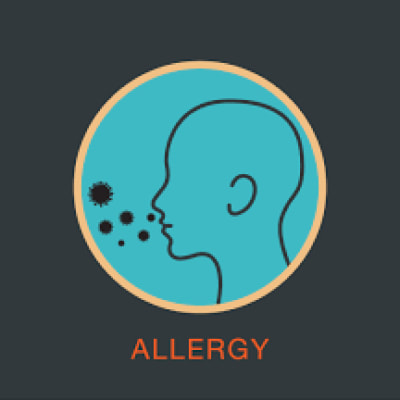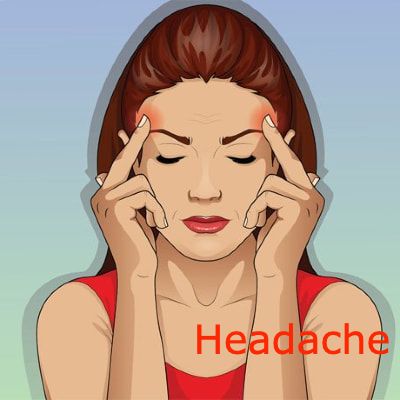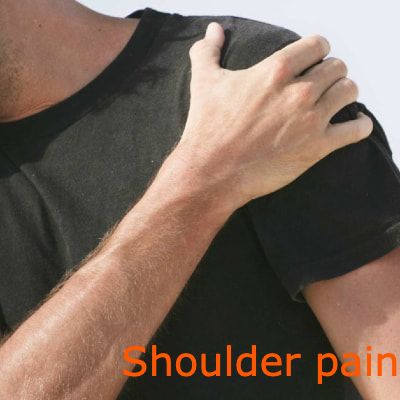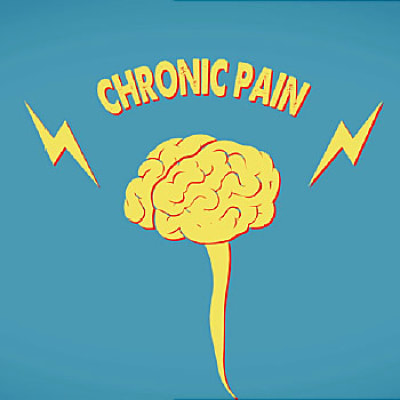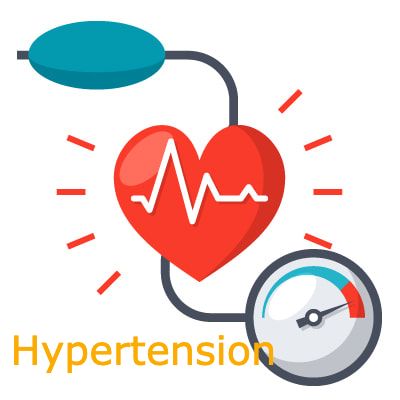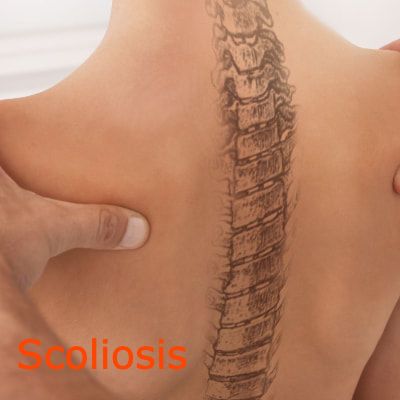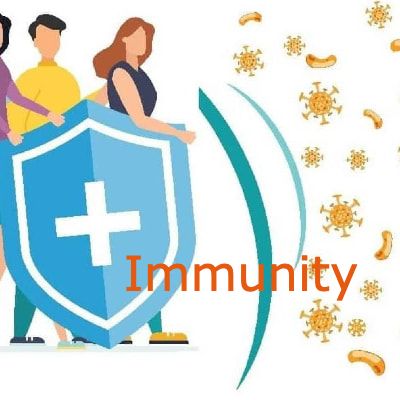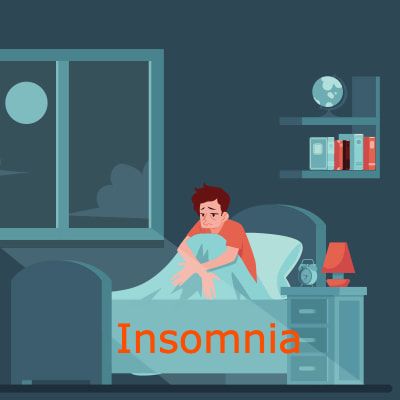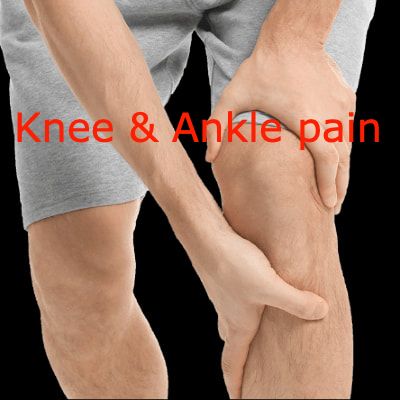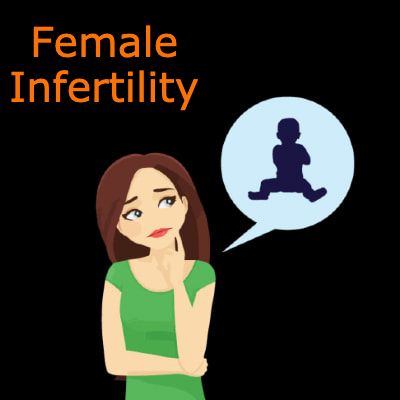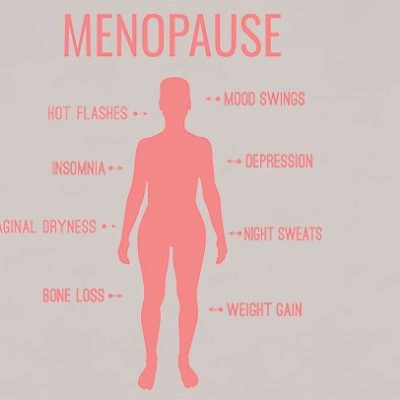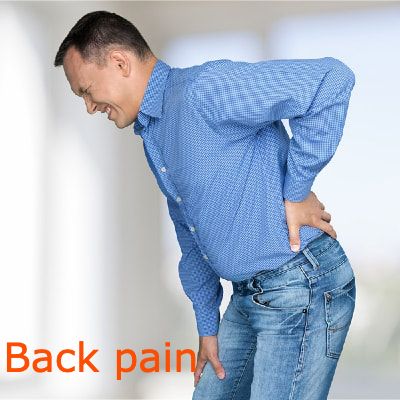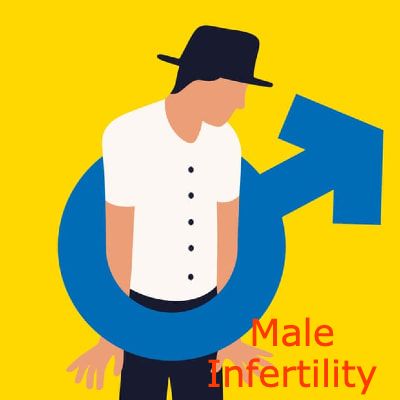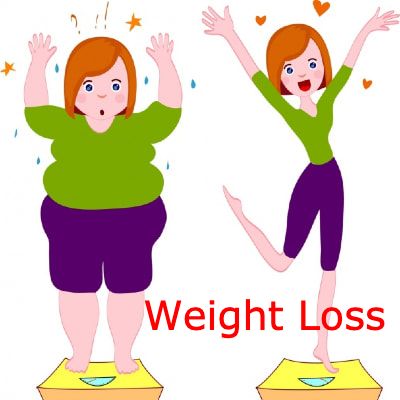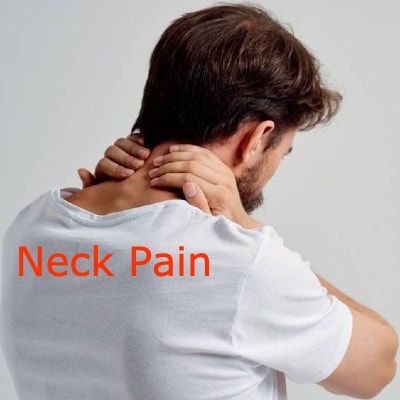Want to be a daddy?
Acupuncture can help!
Acupuncture can help!
Biomedical Perspective on Male Infertility
Male infertility is an important issue that is often overlooked and under researched in both biomedicine and traditional oriental medicine. Despite diagnostic problems that make it challenging to establish how often male partner’s contribute to infertility in a couple, a number of studies suggest that it is the single most common defined cause of infertility. When juxtaposed with female infertility, there are very few available studies on male infertility, even though men are half the equation in the creation of new life.
[1] The definition of infertility by the World Health Organization is the inability to get pregnant after one year of unprotected intercourse. Approximately 15% of married couples are defined as infertile, of which it is estimated that 35% are due to female factors alone, 30% due to male factors alone and 20% due to a combination of the couple. In the United States, the risk of male infertility is approximately 1 in 25. Approximately 90% of infertility is accounted for by low sperm counts, poor semen quality or a combination of the two.
[2] There is an estimated 2 million annually reported cases of male infertility in the United States, and about 40% of male infertility is idiopathic. The Centers for Disease Control analyzed data and discovered that 7.5% of all sexually experienced men seek help for fertility at some point in their lives, this equals a total of 3.3- to 4.7 million men. Out of these men, 18.1% were diagnosed with infertility issues. The total health care costs for treating primary male infertility in 2000, was $17 million.
[3] Although conditions that affect male fertility are generally under diagnosed, there are some common causes of male infertility as listed below:
- Mumps: Mumps is an acute and self-limited disease, thus prevalence is incredible low and not statistically available. The incidence of mumps is rare in America due to the mumps vaccination- there are less than 800 annually reported cases, thus only 1 in 300,000 people in the develop mumps each year in America.
- Varicocele: The prevalence of varicocele is approximately 15% of the general male population, 35% of males with primary infertility (never had a child) and in 75-81% of males with secondary infertility (failure to conceive after a previous pregnancy).
- Sexually transmitted diseases: The incidence of male STD is 5% annually. The prevalence of STDs in general is 20%.
- Cryptorchidism: There is approximately a 3% chance of cryptorchidism in full term male births and a 33% chance in premature male births.
Oriental Medicine Perspective
The two organs most commonly involved in male infertility based on OM principles are the kidneys and the liver. A weakness in one organ is normally linked to imbalance with the other. Based on acupuncture, the main causes of male sterility are divided into 2 broad categories: ‘deficiency of the kidneys’ (usually ‘kidney-yang’) and ‘damp-heat” in the genital system. Deficiency of the kidneys is similar to spermatogenic failure and damp heat is similar to inflammation of the genital tract. Kidney deficiency can be broken down into Kidney yang or yin deficiency. TCM treatments using acupuncture and herbs will depend on the TCM patterns. Treatment for kidney deficiency would be to use herbs to tonify the kidneys, strengthen the yang and build the qi. By treating the subject according to these traditional principles, it can lead to sperm production, restore pH to proper range and increase ratio of normal to abnormal sperm.
There have been numerous studies that show how acupuncture has shown significant improvement for male infertility. Acupuncture has demonstrated to improve sperm parameters of males suffering from impaired sperm quality.[9] Another study showed the appearance of sperm cells changed following one cycle of acupuncture treatment in 125 out of 160 azoospermic men. Chinese medicine has been used in treating men with very poor sperm density. [10] The benefits of Acupuncture and TCM treatments for infertile men can be found in early Chinese medical literature dating back to 2000 years. It not only invigorates sperm, they also enhance the function of the whole body. This “whole body” health approach creates unlimited healing potential on many levels and is based on the TCM philosophy that human health is a reflection of the processes in the natural environment.
Case Analysis on Acupuncture and Infertility
Case: Edson, G., Agnaldo, C., Ysao, Y., & Miguel, S. (December 2003). Effects of acupuncture and moxa treatment in patients with semen abnormalities. Asian Journal of Andrology.
The Human Reproduction Division of the Paulista School of Medicine in Brazil designed a clinical trial with blinding to study the effects of Traditional Chinese Medicine on male infertility. The group wanted to assess the effect of how the combination of acupuncture with moxibustion would affect semen quality (concentration, morphology and/or motility) in men suffering from male infertility. The subjects were patients who had sought reproductive assistance in the Human Reproduction Division of the Department of Gynecology and Discipline of Urology of the Sao Paulo Federal University Paulista School of Medicine. The clinical trial involved 19 male subjects, ranging from the ages of 24 to 42 who have been married from 3 to 11 years and did not have children. The subjects included had semen abnormalities in concentration, morphology and/or progressive motility from idiopathic reasons, but were otherwise healthy. Men with sperm concentrations below 5x10^6/mL, leukocytospermia, surgery on their reproductive organs, or used drugs that affect the genital-urinary tract the past year were excluded.
The subjects were then randomized into two groups. The 9 subjects in the group with intention to treat had a mean age of 33.4 years and a median marriage length of 7.6 years. The 10 control group subjects put in the no-intention to treat cohort had a mean age of 31.6 years and a median marriage length of 6.1 years. The subjects in the intent to treat group received needling on 16 acupuncture points and moxibustion therapy on 29 other points twice a week for 10 weeks. The control group received needling on 8 acupuncture points and moxibustion on 8 other points on non-therapeutic areas.
After the completion of the treatments, both groups gave semen samples by masturbation to technicians to analyze. All subjects completed the treatment, but statistical analysis was only performed on 8 out of the 9 intent to treat group. The probability value was set at 5 percent. The patients in the intent to treat group showed an increase in the percentage of normal formed sperm when compared to the control group. However, there was no statistical difference between the two groups in terms of volume, concentration, motility and number of round cells.
What Can You Do?
Our center has a special interest in working with couples to synergistically boost fertility. New York Acupuncture and Chiropractic has 3 locations in Manhattan and 1 in Bergen County, NJ. We are dedicated to helping you resolve your infertility. We seek to create a healing environment for couples that are suffering from the inability to conceive. Some of our locations include joint rooms, where couples seeking fertility treatments can share and heal together. Whether you are a commuter from the tri-state area, a New York City resident, or a visitor, we strive to improve your health as efficiently as we can. Give us a call and schedule an appointment to find out how we can help you: 212-293-1722.
More References
[1] Irvine, DS. "Epidemiology and aetiology of male infertility."
[2] Rubenstein, Jonathan. N.p.. Web. 30 Aug 2013.
[3] Meacham, Randall. "Male Infertility." The Journal of Urology.
[4] "Reproductive Health." . Center For Disease Control and Prevention.
[5] "Incidence of Male Factor Infertility"Urology Web.
[6] “Mumps” Freemd.
[7] "Varicocele." . Cornell University Weill Medical College.
[8] “Male STD.” Freemd.
[9] Shealy N, Helms J, McDaniels A (1990) Treatment of male infertility with acupuncture. J. Neurolog Orthopaed Med Surg 11: 285-286.
[10] Xueying L (1984) Treating azoospermia by acupuncture and indirect moxibustion. Am J Acupunct 13:184.
Photo by Elnaz6 (Own work): [CC-BY-SA-3.0 (http://creativecommons.org/licenses/by-sa/3.0)], via Wikimedia Commons
Disclaimer: All Content provided on or through the site is provided for informational purposes only and is not a substitute for professional medical advice, care, diagnosis or treatment, and is not designed to promote or endorse any medical practice, program or agenda. Please speak with your doctor before making any changes to your lifestyle.
Copyright © 2013 New York Acupuncture and Chiropractics PLLC , All rights reserved.
New York Acupuncture & Chiropractics
Office #1
Landline(appointments & general inquiries) : (212)293-1722 Phone (appointments & general inquiries) : (201)982-0964
Address: 353 Lexington Ave., Suite 1005, New York, NY 10016
Hours: M-F 10AM-8PM Saturday 12PM-5PM
Office #2
Landline(appointments & general inquiries) : (212)293-1722 Phone (appointments & general inquiries) : (917)399-3436
Address: 566 7th Ave., Suite 601A New York, NY 10018
Hours: M-F 11AM-8PM
Office #3
Landline(appointments & general inquiries) : (212)293-1722 Phone (appointments & general inquiries) :(929)388-6067
Address: 160 Broadway Ave., Suite 602 New York, NY 10038
Hours: M-F 11AM-8PM
Office #4
Landline(appointments & general inquiries) :(201)431-5066
25 Rockwood Place, #110, Englewood, NJ 07631
Hours: M-F 10AM-8PM Saturday 9AM-2PM
Office #1
Landline(appointments & general inquiries) : (212)293-1722 Phone (appointments & general inquiries) : (201)982-0964
Address: 353 Lexington Ave., Suite 1005, New York, NY 10016
Hours: M-F 10AM-8PM Saturday 12PM-5PM
Office #2
Landline(appointments & general inquiries) : (212)293-1722 Phone (appointments & general inquiries) : (917)399-3436
Address: 566 7th Ave., Suite 601A New York, NY 10018
Hours: M-F 11AM-8PM
Office #3
Landline(appointments & general inquiries) : (212)293-1722 Phone (appointments & general inquiries) :(929)388-6067
Address: 160 Broadway Ave., Suite 602 New York, NY 10038
Hours: M-F 11AM-8PM
Office #4
Landline(appointments & general inquiries) :(201)431-5066
25 Rockwood Place, #110, Englewood, NJ 07631
Hours: M-F 10AM-8PM Saturday 9AM-2PM
